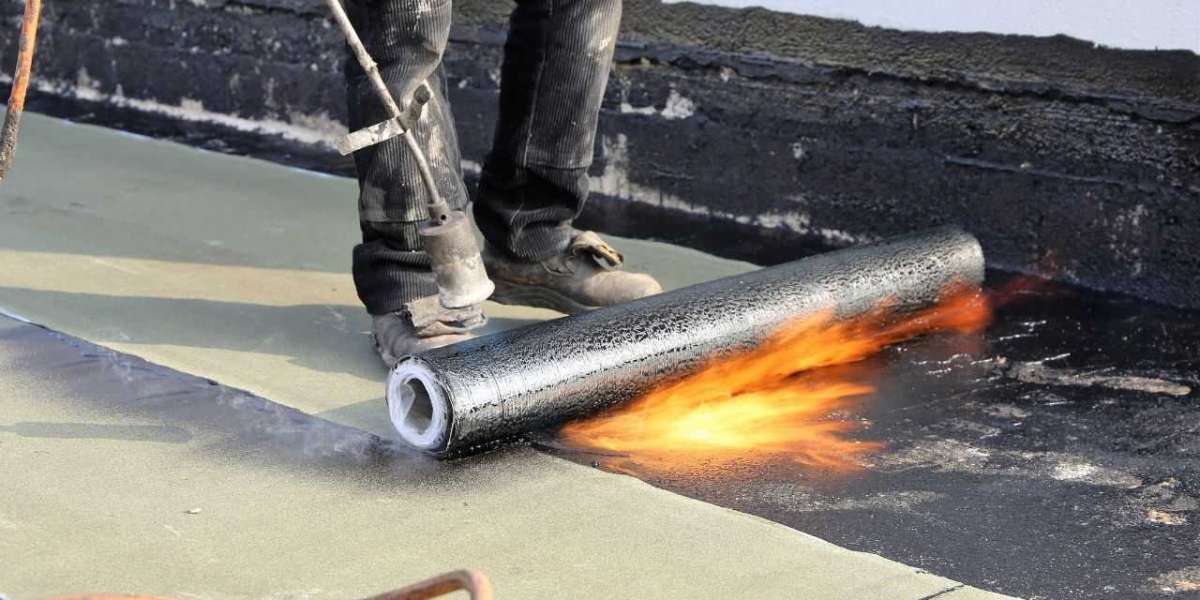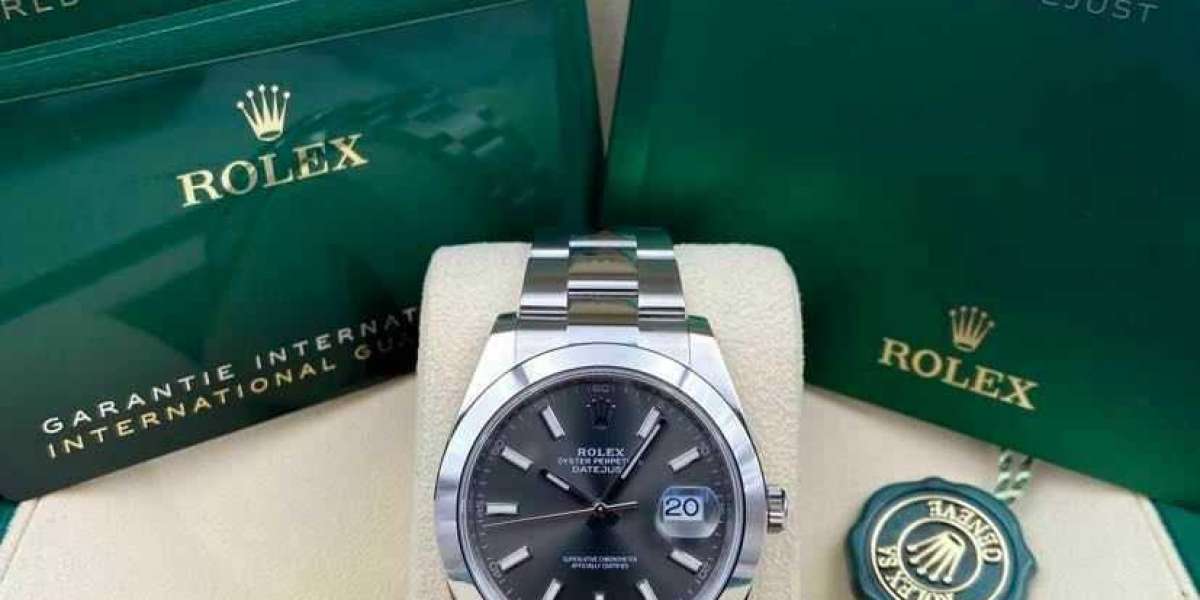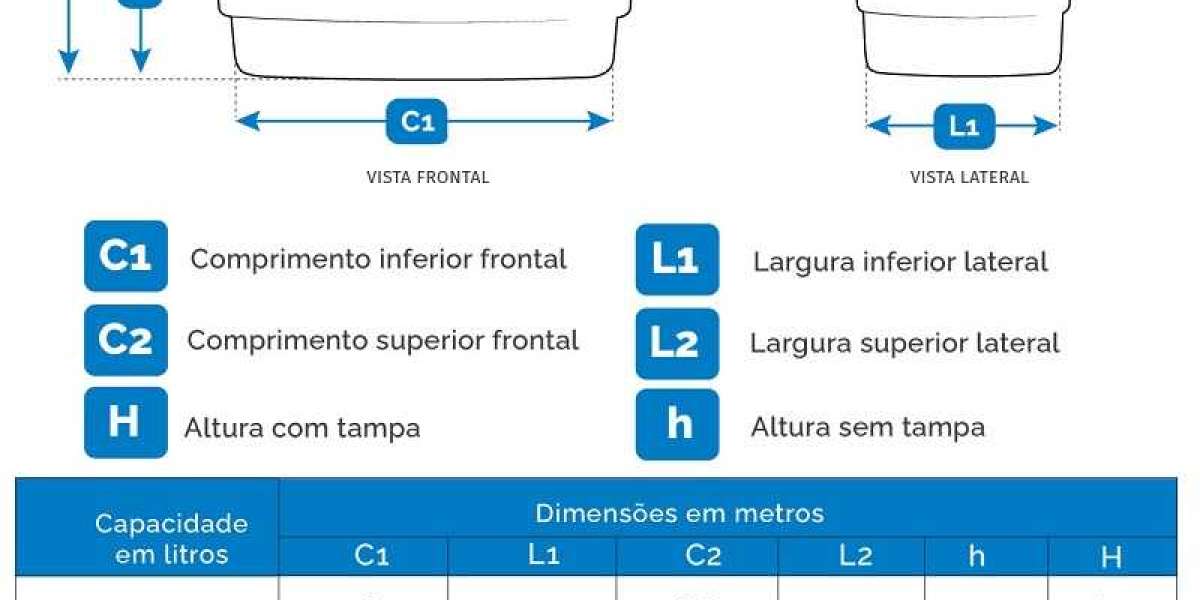Myth #1: Metal Roofs Are Inherently Waterproof
Metal itself is not waterproof. While it offers excellent resistance to rain and wind, water can infiltrate through seams, fasteners, and gaps at the edges. A properly designed and installed waterproofing system is essential for a metal roof to function optimally and prevent leaks.
Myth #2: Metal Roofs Never Need Maintenance
Metal roofs are low-maintenance, but they're not maintenance-free. Regular inspections are crucial to identify potential issues like loose fasteners, damaged sealant, or debris accumulation that can compromise waterproofing. Schedule professional inspections at least once a year, especially after severe weather events.
Myth #3: DIY Metal Roof Waterproofing is Easy
While some basic maintenance tasks might be manageable for DIY enthusiasts, waterproofing a metal roof is best left to professionals. They possess the expertise, experience, and specialized tools to ensure a watertight seal and prevent future problems.
Myth #4: All Leaks in a Metal Roof Point to Waterproofing Failure
Leaks in a metal roof can originate from various sources besides waterproofing membrane issues. Cracked flashing, clogged gutters, and faulty vent seals can also be culprits. A thorough inspection by a qualified roofer is necessary to pinpoint the exact cause of the leak before repairs begin.
Myth #5: Metal Roofs Are Noisy in the Rain
The perception of metal roofs being excessively noisy during rain likely stems from corrugated metal roofing used on older structures. Modern metal roofs come with a variety of profiles and are often installed with insulation underneath. These features significantly dampen the sound of rain, making them no noisier than traditional asphalt shingle roofs.
Allseal Waterproofing offers a comprehensive metal roof waterproofing service to protect your building from water damage. Over time, metal roofs can develop leaks due to rust, corrosion, or wear and tear. Our waterproofing service involves inspecting your roof for vulnerabilities and applying high-quality waterproof coatings to seal any leaks and prevent future water penetration.
We use industry-leading materials and techniques to ensure your metal roof is fully protected, helping to extend its lifespan and reduce the risk of costly repairs. Our metal roof waterproofing service is designed to provide long-lasting protection, giving you peace of mind that your roof can withstand the elements. Contact us for expert waterproofing solutions.
Key Elements of a Metal Roof Waterproofing System
A robust metal roof waterproofing system typically comprises several vital components:
- Underlayment: A water-resistant barrier installed directly on the roof deck before the metal panels are laid. It acts as a secondary layer of protection in case water penetrates the metal.
- Waterproofing Membrane: A specialized sheet material applied directly to the underlayment. It forms a watertight seal and channels water away from the roof. Options include butyl rubber, polyisobutylene ( PIB), and ethylene propylene diene monomer (EPDM) membranes.
- Flashing: Thin sheets of metal strategically placed around roof penetrations like chimneys, vents, and skylights. Flashing provides a watertight seal at these vulnerable points.
- Sealants: Specialized caulking materials used to seal gaps and fastener penetrations to prevent water ingress.
Choosing the Right Metal Roof Waterproofing System
The ideal waterproofing system for your metal roof depends on several factors, including:
- Roof Pitch: Steeper roofs require less sophisticated waterproofing systems, while low-slope roofs might necessitate double-bonded membranes for added protection.
- Climate: Areas with heavy rainfall or frequent freeze-thaw cycles might require specialised membranes designed to withstand these conditions.
- Budget: There's a range of waterproofing materials available, each with its own price point. Discuss your budget with a qualified roofer to find the most effective solution for your needs.
Conclusion
By understanding and addressing common myths about metal roof waterproofing, you can make informed decisions about protecting your investment. A properly waterproofed metal roof offers a combination of durability, longevity, and aesthetic appeal. While metal roofs require some maintenance, the long-term benefits outweigh the initial costs. By choosing the right waterproofing system and scheduling regular inspections, you can ensure your metal roof remains watertight and continues to provide reliable protection for your home.








